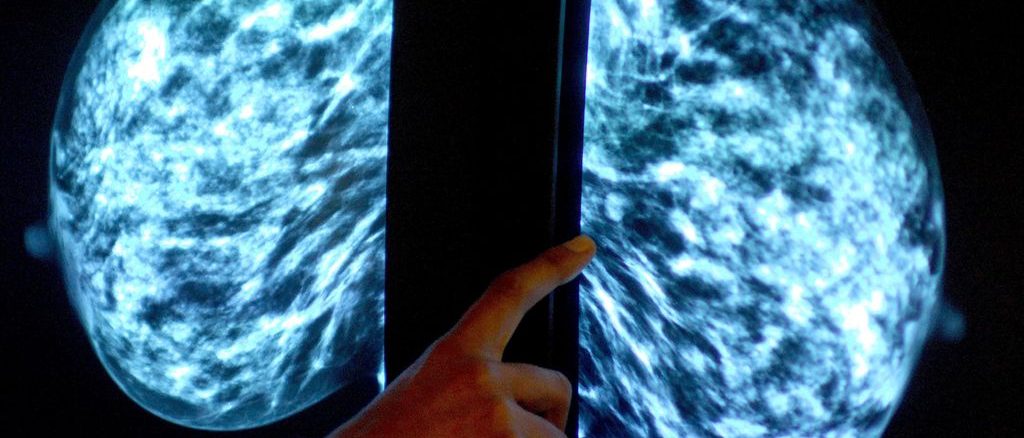
Artificial intelligence detects breast cancer more often than radiologists
Artificial intelligence (AI) has been found to be more effective in detecting breast cancer compared to radiologists, according to a large-scale study conducted in Sweden. In addition to its superior performance, the use of AI in breast cancer detection also has the potential to reduce the workload for radiologists.
The study analyzed scans (mammograms) of over 80,000 women. Half of the scans were reviewed by two radiologists, which is the current standard practice in breast cancer research. The other half of the scans were assessed by an AI program developed by a Dutch company. The AI program classified the scans on a scale of 1 to 10, with a higher score indicating a higher risk of breast cancer.
Mammograms with a risk score of 1 to 9 were reviewed by another radiologist, while scans with the highest risk level were evaluated by two radiologists for confirmation.
AI detects breast cancer with greater accuracy
The results of the study revealed that artificial intelligence detects breast cancer more frequently than radiologists and exhibits fewer false positives. The AI program detected breast cancer in one additional case per thousand women compared to radiologists. This means that hundreds of women in the Netherlands alone, who would have otherwise gone undiagnosed, could benefit from early detection and treatment.
No need for coffee
Ritse Mann, a radiologist at Radboudumc and the Antoni van Leeuwenhoek, explained the superior performance of AI compared to radiologists by highlighting the consistent efficiency of AI. “AI is capable of noticing things that a radiologist can also observe, but during screenings, radiologists have to review a large number of mammograms within a short period of time. While 99 percent of these mammograms are normal, there is always that one abnormal case that a radiologist must identify. People can get distracted or tired, but AI remains unaffected by such factors,” stated Ritse Mann in an interview with NOS Radio 1 Journaal.
In addition to detecting breast cancer more frequently than radiologists, AI is also twice as fast. Given the global shortage of radiologists and the aging population, the use of AI can have significant implications for the healthcare sector.
Ethical concerns
Researchers have been exploring the potential of AI in aiding cancer diagnosis for some time now. A study conducted in Spain even entrusted AI with the full assessment of mammograms, and AI outperformed the two radiologists involved. At the Radboud University Medical Center, researchers have already demonstrated that AI can help identify cancer cells in photographs.
Despite the promising findings, Ritse Mann acknowledges the ethical concerns associated with AI in healthcare. Mann highlights the fact that, like radiologists, AI can sometimes miss a tumor, potentially a different one than a radiologist would have missed. The key question is the impact of such missed detections. Additionally, ensuring quality control of AI systems is crucial to prevent any unforeseen setbacks.

Be the first to comment